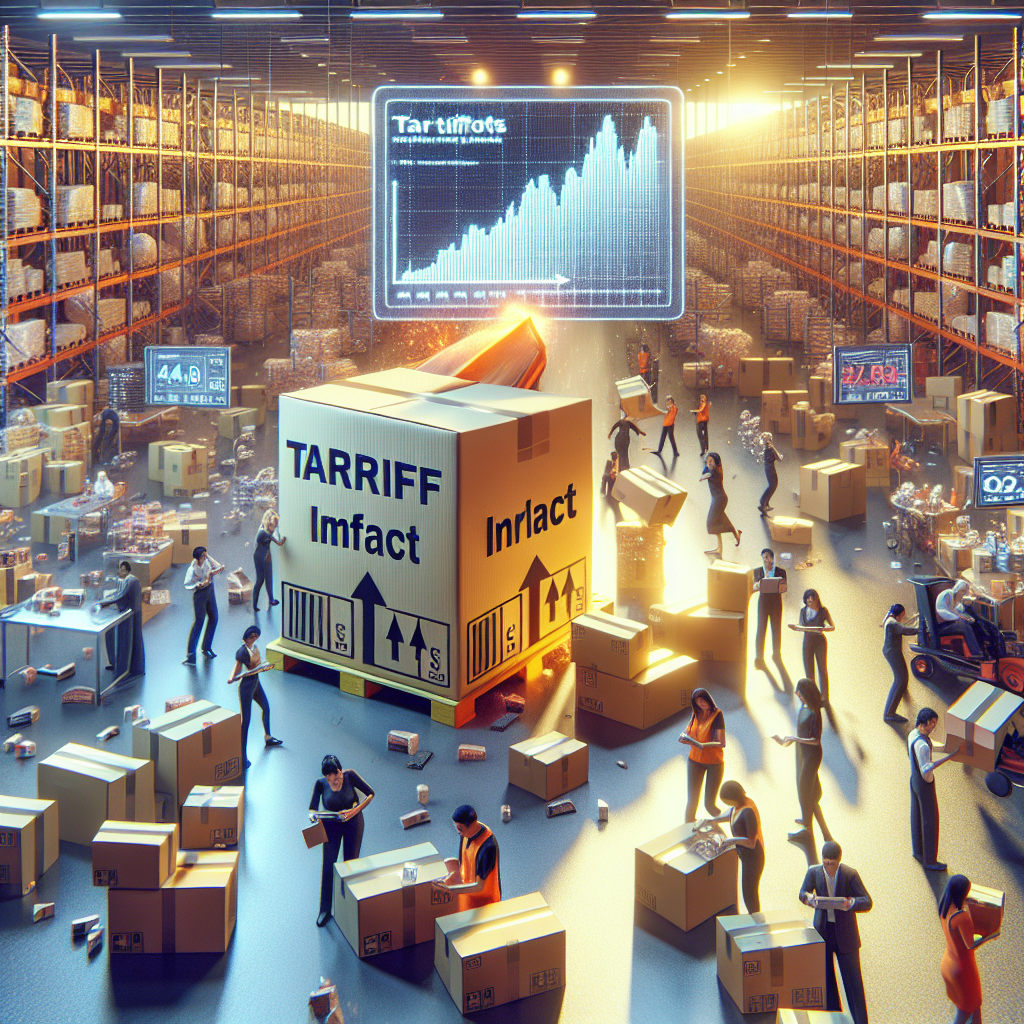How Tariffs Impact the Ecommerce Industry
As President Donald Trump has announced his imposition of tariffs on imports from Canada, Mexico, and China, online retailers in the United States are considering the financial impacts on their ecommerce businesses. President Trump has implemented a 25% additional tariff on imports to the U.S. from Canada and Mexico. For imports from China, it’s a different story, with tariffs ranging from 10% to 25% on various goods.
The ecommerce industry is no stranger to challenges, but the recent tariffs have added a new layer of complexity. From increased product costs to supply chain disruptions, online retailers are feeling the effects in various ways. One of the immediate impacts is the rise in prices for consumers. With import costs going up, ecommerce businesses are faced with a tough decision – whether to absorb the additional costs or pass them on to the customers. Either way, it’s a delicate balance that can impact customer loyalty and overall sales.
Moreover, the tariffs have forced ecommerce businesses to reconsider their sourcing strategies. Many retailers who relied heavily on imports from the countries affected by tariffs are now exploring alternative sourcing options. Some are looking at domestic suppliers, while others are shifting their focus to countries not impacted by the tariffs. These changes in the supply chain can have long-term implications on the ecommerce industry, leading to a reshaping of global trade relationships.
Another aspect to consider is the impact of tariffs on small and medium-sized ecommerce businesses. Unlike larger retailers who may have more resources to weather the storm, smaller businesses are more vulnerable to the financial strain caused by increased tariffs. From limited cash flow to a smaller margin for absorbing additional costs, these businesses are faced with tough decisions that can significantly impact their bottom line.
In the midst of these challenges, ecommerce businesses are turning to strategies to mitigate the impacts of tariffs. One approach is to optimize operations and streamline processes to reduce costs wherever possible. From renegotiating contracts with suppliers to improving inventory management, every efficiency gain can help offset the financial burden of tariffs.
Additionally, some ecommerce businesses are exploring new markets to diversify their revenue streams and reduce reliance on countries affected by tariffs. By expanding into new regions and catering to a broader international audience, retailers can minimize the impact of tariffs on their overall business performance.
In conclusion, the imposition of tariffs on imports from key trading partners has undoubtedly shaken up the ecommerce industry. From increased costs to supply chain disruptions, online retailers are facing a challenging landscape that requires strategic decision-making and adaptability. By exploring alternative sourcing options, optimizing operations, and diversifying revenue streams, ecommerce businesses can navigate the impact of tariffs and emerge stronger in the ever-changing global market.
#Ecommerce, #Tariffs, #Retail, #SupplyChain, #GlobalTrade
